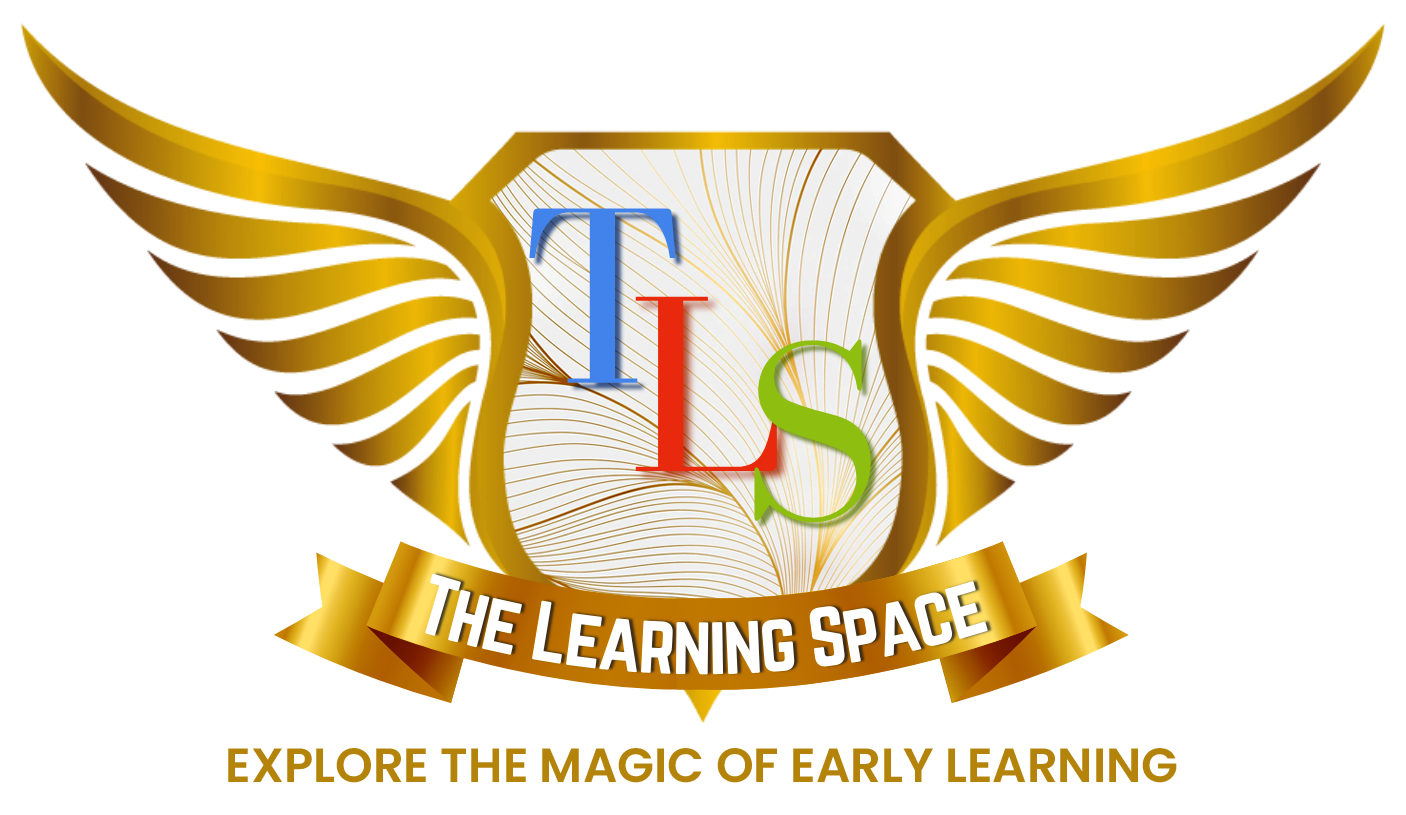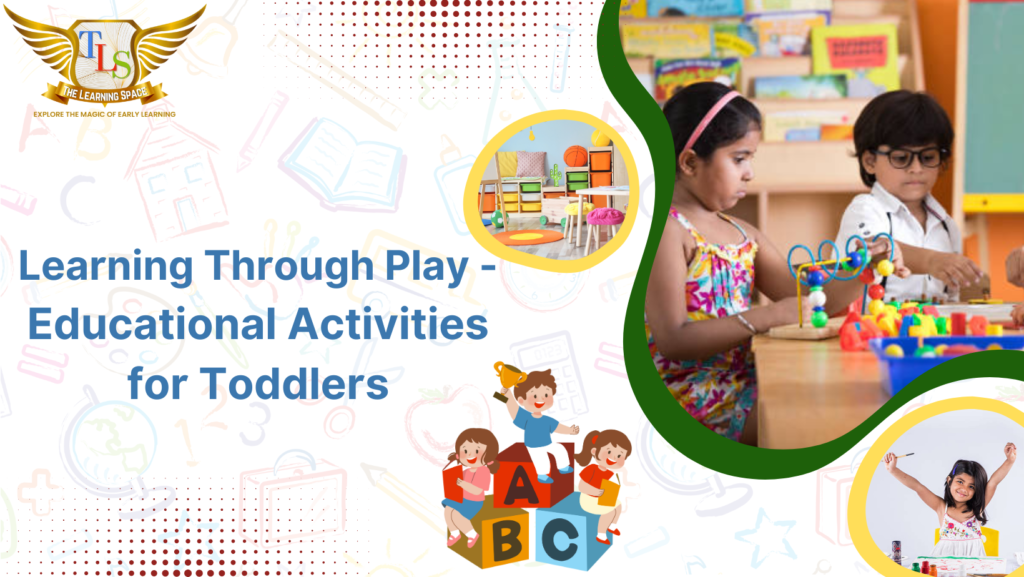Kids at age 4 and 5 are full of energy and inquisitiveness. It is the right time to mould their developing minds with enjoyable and easy activities. Brain-stimulating activities not only keep them busy but also train them in crucial life skills. And the good news is, you don’t have to spend money on fancy toys or equipment. With love, patience, and a bit of creativity, you can make daily moments a learning experience.
Significance of Brain Exercise in Children
Brain exercise is essential as it enables children to think, learn, and develop healthily. The activities enhance memory, concentration, and problem-solving abilities with fun learning.
- Cognitive development: Exercises enhance memory and develop logical thinking.
- Language and communication skills: Games and stories enhance speech and vocabulary.
- Fine and gross motor skills: Exercises enable children to use hands and body effectively.
- Social-emotional development: Games promote sharing, patience, and teamwork.
- Imagination and creative thinking: Play allows for creativity and idea expression.
- Problem-solving skills: Play challenges enable kids to discover the answers by themselves.
How to Choose the Right Activities for 4 and 5 Year Olds
Selecting correct activities is easy when you consider your child’s needs and interests. The aim is to make it fun, safe, and balanced.
- Follow their interests: Pick activities that your child likes most.
- Keep it age-appropriate: Ensure activities are not too difficult or too simple.
- Mix it up: Mix indoor and outdoor play to keep them engaged.
- Use everyday items: Items around the house such as spoons, paper, or blocks can be converted into learning materials.
List of Brain Boosting Activities for 4 and 5 Year Olds
Here are 10 easy yet effective activities to enhance your child’s brain power:
Story Time with a Twist
Rather than just reading, stop periodically and ask your child to predict what will happen next. This encourages imagination and keeps them interested.
Puzzle Play
Basic jigsaw puzzles or shape-sorting games enhance concentration, patience, and problem-solving ability.
Coordination Games
Activities such as “Simon Says” or “Follow the Leader” enhance listening, balance, and body control.
Spot the Difference Games
Display two similar photographs and request your child to identify the differences. This enhances observation and attention.
Word Hunt
Conceal simple words in the home on small pieces of paper. Request your child to locate and read them out. It’s enjoyable and enhances language.
Guessing Games
Play “I Spy” or do a description of an object and ask your child to guess. This enhances memory, listening, and vocabulary.
Hiding Game
Hide items or toys and allow the child to look for them. It develops problem-solving ability and memory with them staying active.
Imaginative Role Play
Make your child role-play as a shopkeeper, doctor, or teacher. Role play develops creativity, social skills, and confidence.
Counting Games
Count common items such as stairs, fruits, or buttons together. It is fun math and enhances number skills.
Finger Painting
Finger painting lets kids mix colors and make shapes freely. It improves creativity and hand coordination while keeping them happy.
FAQ’s About Brain-Boosting Activities for 4 and 5-Year-Olds
At what age should I start brain development activities for my child?
You may begin simple brain exercises from the age of 2–3 years. For 4 and 5-year-olds, interactive and entertaining activities are possible.
How much time should I spend on these activities each day?
Only 20-30 minutes a day is sufficient. Make them brief and enjoyable so that your child does not get bored.
Can screen time include brain-boosting activities?
Yes, but in moderation. Select learning videos or games, and always balance screen time with real-life play.
How do I know which activities are right for my child?
Pay attention to what makes your child curious and joyful. Select activities that align with their interests and continuously make adjustments as they mature.
What if my child struggles with an activity?
That’s okay! Don’t force it too much. Provide assistance, encourage them, and try again later. Progress is what learning is all about, not perfection.
Conclusion
Brain-training activities are not games, they are stepping stones to your child’s future. At age 4 and 5, children learn best through play, so keep games light and fun. With minimal effort, you can turn everyday tasks into learning sessions. Keep in mind, patience and encouragement are the magic keys to letting your child learn with confidence.


